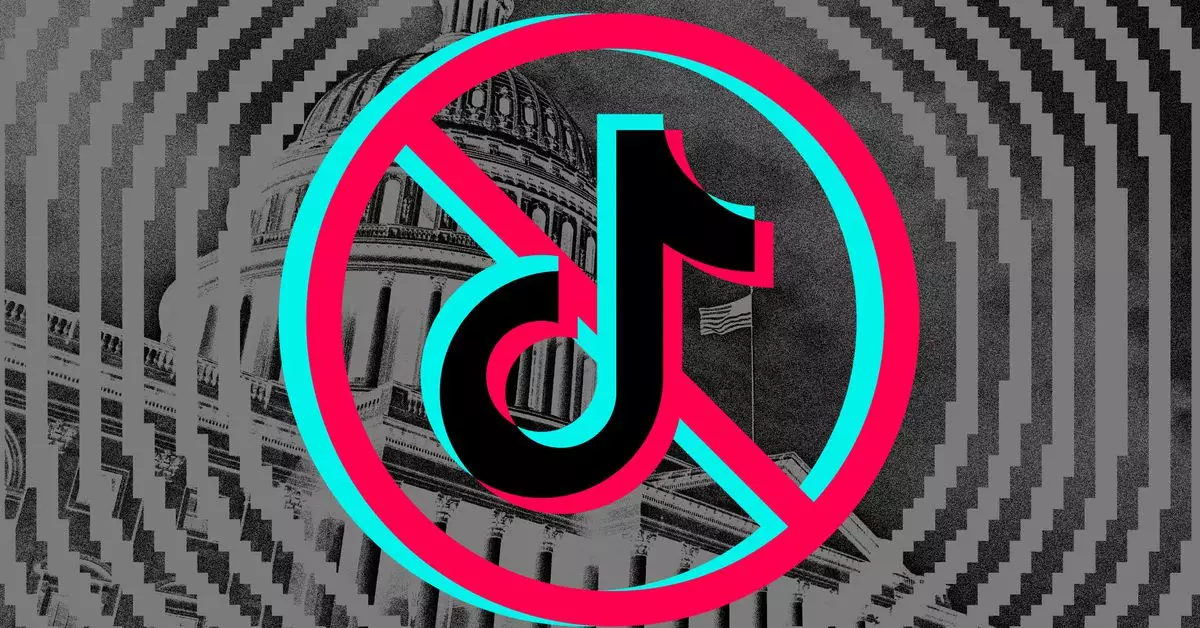The recent lawsuit filed by eight TikTok creators to stop a law that would ban the app unless its Chinese parent company divests it has sparked a debate regarding First Amendment rights and the impact on individual livelihoods and creative outlets. This article will delve into the details of the creators’ lawsuit and analyze the potential consequences of banning TikTok on its users.
The creators’ lawsuit leans heavily on First Amendment arguments, claiming that banning TikTok would strip them of their ability to express themselves and connect with their audience. They argue that TikTok provides a unique platform for creative expression, citing its recommendation algorithm and features like green screen and duet capability as elements that set it apart from other social media platforms.
The creators participating in the lawsuit, including rancher Brian Firebaugh, book reviewer Talia Cadet, and college football coach Timothy Martin, claim that TikTok is essential to their creative process and that there is no equivalent platform for them to move to. They fear that an ownership change could drastically alter the user experience, citing Elon Musk’s takeover of Twitter (now X) as an example of how such changes can impact a platform.
While the creators and TikTok are focused on the First Amendment implications of the ban, lawmakers have expressed concerns about national security, prompting the passing of the law. The court will need to balance these competing interests and determine whether the First Amendment challenges outweigh the national security concerns raised by lawmakers.
The creators argue that TikTok has a distinct culture and identity that sets it apart from other platforms. They claim that creating videos on TikTok is its own form of expression and that content expressed through TikTok may convey a different meaning than content expressed elsewhere. This unique aspect of TikTok is what makes it indispensable to the creators involved in the lawsuit.
The lawsuit has been filed in the federal Court of Appeals in DC, which has exclusive jurisdiction over challenges to the forced divestment law. The creators are seeking a declaration that the law is unconstitutional and a halt to its enforcement in order to protect their livelihoods and creative outlets.
The lawsuit filed by TikTok creators highlights the potential impact of the app’s ban on individual creative expression and the challenges that arise when balancing First Amendment rights with national security concerns. The court will need to carefully consider these competing interests in order to reach a fair and just decision.


Leave a Reply